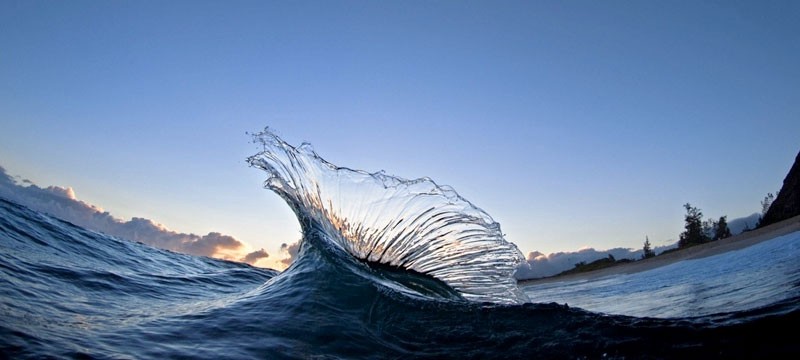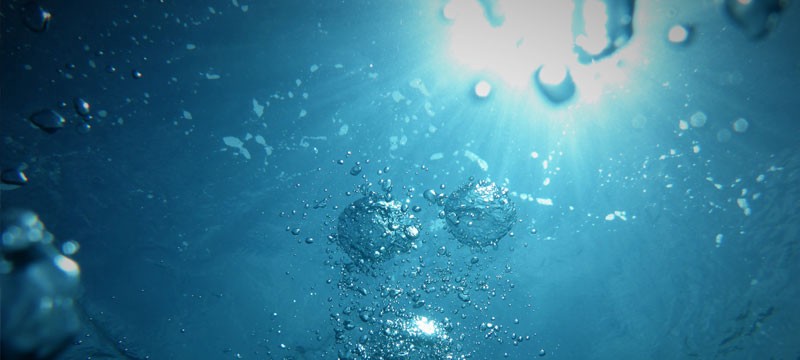Water As Capital: Wealth of Life
In order to truly understand and solve the problems inherent in our relationship with the natural world, I have long argued for the freshwater/ocean continuum as the most essential element in any effective response to decades of extraction, transformation, and pollution in the name of consumption, in the United States and around the world.

From this perspective, water as manifest in all its circles and cycles of conveyance around the world constitute a de facto system of “watershed,” from the mountain-top to the abyssal plain, encompassing aquifer, springs, rivers, lakes and ponds, glaciers, and open ocean, the protection and equitable utilization of which constitutes a solution to serious problems we face worldwide.
It is a big idea, a quiet answer to a loud question, and I continue to search for metaphors and explanations that will help us understand the concept and the steps required to enable it as a strategy for survival in the 21st century.
Since the Industrial Revolution, we have viewed fossil fuels – coal, oil, gas, and their derivative chemicals and plastic — as the capital that funds our way of life. We have invested in it extravagantly with little or no concern for consequences that today are evident in air we cannot breathe, water we cannot drink, and the exponential growth of externalities and failure to manage by-products and waste.

We responded through regulations, laws, and international treaties by which we made some progress in limiting and mitigating the consequences of this global strategic experience. Today those restrictions, even the alternative strategies to recycle and replace these behaviors, are under regressive attack and the world risks a sudden return to values, policies, and behaviors already proven obsolete and bankrupt.
How do we respond to the necessity for change? How do we re-align our engagement with the natural world, through new technology and changing political will? How do we shift our fundamental premise for managing increased population, demand for growth, and sustainable use of what the earth provides? How do we re-imagine life and implement the health and welfare of ensuing generations? How do we galvanize public engagement to demand change, soon enough in time?
I argue that we accept water as the new capital, the product that we manage and sustain in all our financial and political enterprise, the system around which we organize our governance as a form of watershed management, and the true, all-encompassing measure by which we calculate value as its contribution to our profit and loss.

If we accept this, then we accept a new balance sheet where we offset expense with revenue — expense defined as what is paid for and inclusive of what is saved by the efficiency and economy of the alternative, and revenue as what is gained beyond transaction inclusive of intangible benefit. This is not as complicated as it may first seem. If we accurately present the cost of oil in terms of direct expenditure as well as the additional cost of consequence, not to mention the loss of that resource expended and non-recoverable, we will come up with a very different set of categories and amounts on the expense side.
If we accurately present the return in terms of savings through alternatives, then we will come up with a very different set of categories and amounts on the revenue side. If you agree that we are living in a society with a fundamental structural deficit, measured in the debt of governments and individuals, then you may also agree that this new way is a viable approach to change that imbalance between global profit and loss.

This does not mean that we reduce water to a commodity to be traded like oil. No: quite the opposite. As I have argued before, in this scenario water is first accepted as a basic human right by which every individual on earth is guaranteed a basic volume to enable a society that thrives through adequacy, parity and equality.
That established, then water becomes the determining currency of transaction, the natural element priced as a sustainable symbol and reality of a democratic, harmonious society, priced as ecosystem service and sustained as a clean, clear, and copious supply for generations to come.
If capital can be defined as “any form of wealth that can be employed in the production of more wealth,” then water as capital becomes an investment endlessly returning to all of us who share its value as food, energy, work, health, community, and peace.
Water is the wealth of life.
---
PETER NEILL is founder and director of the W2O and is author of “The Once and Future Ocean: Notes Toward a New Hydraulic Society.” He is also the host of World Ocean Radio, the weekly podcast upon which this blog is inspired.
- Login to post comments
-


